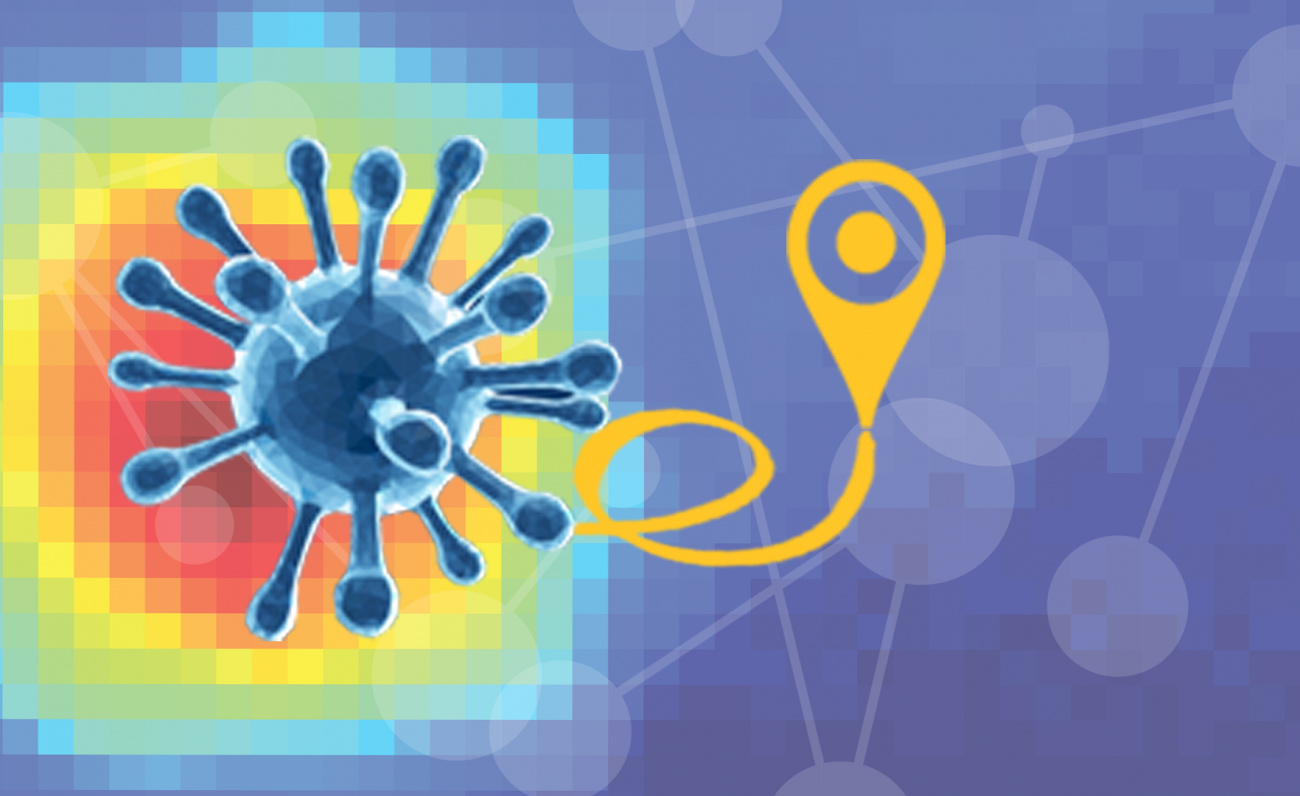New technologies are rapidly being developed with the purpose of digital contact tracing in response to the fight against COVID-19. As decision-makers and health professionals consider how technology can be used to protect public health and minimize social and economic impacts, there are many things to consider. Arizona State University’s Spatial Analysis Research Center will bring together geospatial experts in an online conversation about the technical and ethical issues of digital contact tracing, with the purpose of answering questions about the accuracy of cell phone GPS data, how social media can be used for tracking, looming privacy issues, as well as questions brought forth from the audience during a Q&A session.
This conversation includes perspectives from the following experts:
- Song Gao – Assistant Professor, Geospatial Data Science Lab, University of Wisconsin - Madison
- Michael Goodchild – Research Professor, Spatial Analysis Research Center, Arizona State University
- Yingjie Hu – Assistant Professor, National Center for Geographic Information and Analysis, University of Buffalo
- Peter Kedron – Assistant Professor, Spatial Analysis Research Center, Arizona State University
- Ming Tsou – Professor and Director, Center for Human Dynamics in the Mobile Age, San Diego State University
Additional subject-matter expert support were provided by Stewart Fotheringham, Amy Frazier, May Yuan, and Bo Zhao.
Organizers and contributors of the panel discussion also teamed up to create a white paper on the subject. Led by Trisalyn Nelson and Peter Kedron, this paper aims to summarize panelist perspectives on geospatial technology opportunities and issues and privacy concerns surrounding digital contact tracing, as well as create recommendations for next steps in geospatial research that aims to help manage COVID-19 by developing and deploying tools for early detection of asymptomatic cases of COVID-19.
